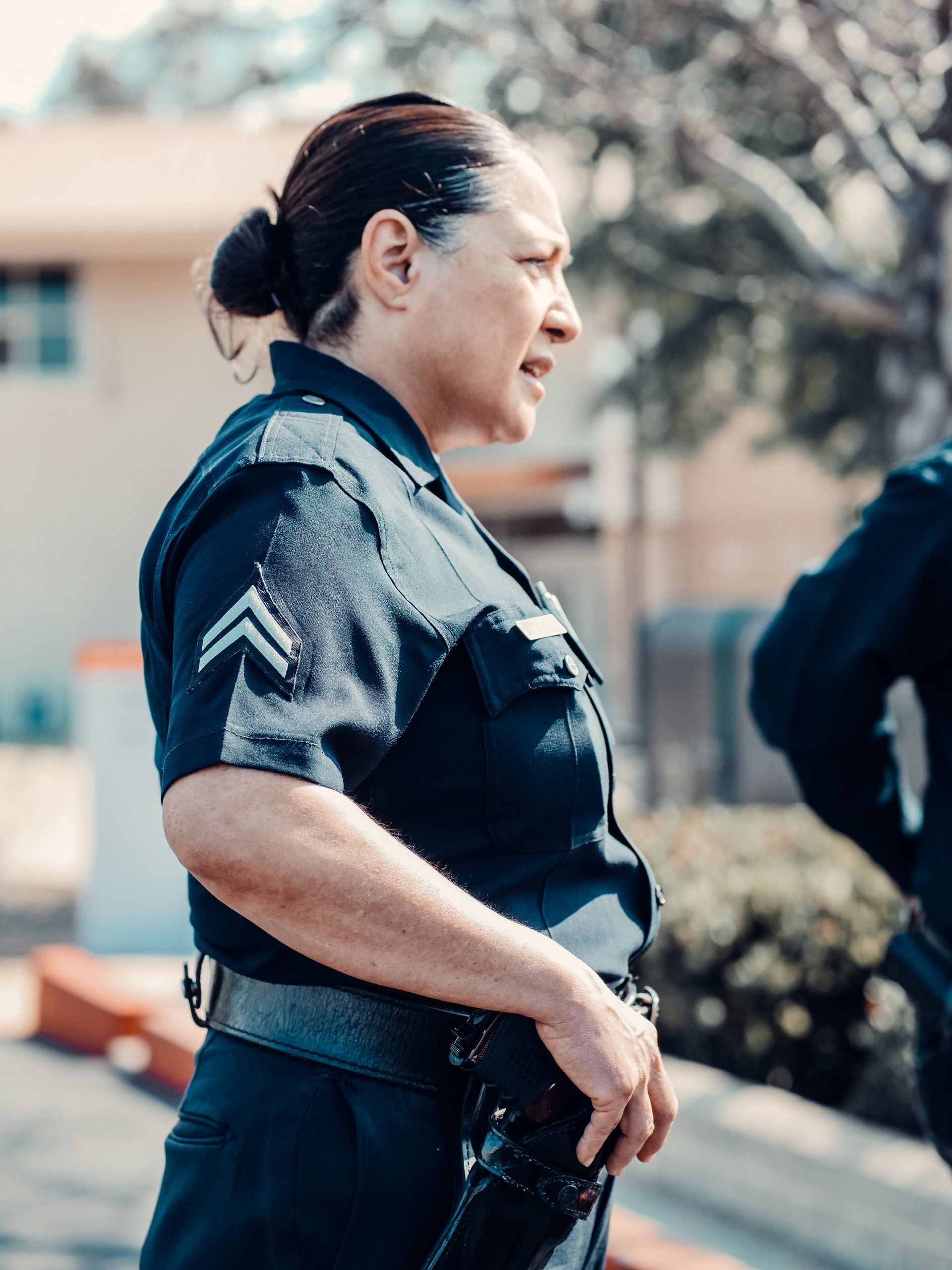Top 10 Types of People Who Take TBRI
TBRI (Trust-Based Relational Intervention) Training is primarily designed for a broad array of individuals and professionals who work with or care for children, particularly those who have experienced trauma, such as children from foster care, adoption, or those receiving mental health services. Here's a breakdown of who typically takes TBRI Training:
- Adoptive and Foster Parents: These individuals often seek TBRI training to better understand and support children who may have experienced trauma, neglect, or abuse before joining their new families.
- Social Workers and Child Welfare Professionals: Professionals in child welfare services use TBRI principles to enhance their interactions and interventions with vulnerable children and families.
- Educators and School Administrators: Educators working with children who display behavioral challenges benefit from TBRI by learning strategies that foster safe and nurturing classroom environments, thereby enhancing students' ability to learn.
- Therapists and Counselors: Mental health professionals integrate TBRI into their practice to support therapeutic goals and foster healing in children and adolescents with trauma histories.
- Pediatricians and Healthcare Providers: Medical professionals working with children, especially those in foster care or adoption, can use TBRI strategies to create a more trauma-informed practice.
- Juvenile Justice Professionals: Individuals working in the juvenile justice system may use TBRI to better understand the needs of youth who have experienced trauma and to support their rehabilitation.
- Childcare Providers: Daycare providers and preschool teachers can apply TBRI principles to create more nurturing and understanding environments for all children, especially those with difficult pasts.
- Faith-Based Volunteers and Leaders: Those involved in children’s ministry or faith-based outreach programs often seek TBRI training to enhance their supportive roles in the lives of children and families within their communities.
- Extended Family Members: Relatives of children who have experienced trauma might also take TBRI training to better understand and support their loved ones.
- Police, Fire, EMS, and School Resource Officers: TBRI trains in empathy, de-escalation, and trauma-informed care, enhancing community trust and personal resilience.
TBRI Training aims to impart practical tools and strategies to support children’s healing, help them build trusting relationships, and address their complex needs through understanding, empathy, and respect. The training emphasizes the importance of a caregiver's role in the recovery process and offers insights into how to effectively respond to the unique challenges that come with caring for children who have experienced trauma.


